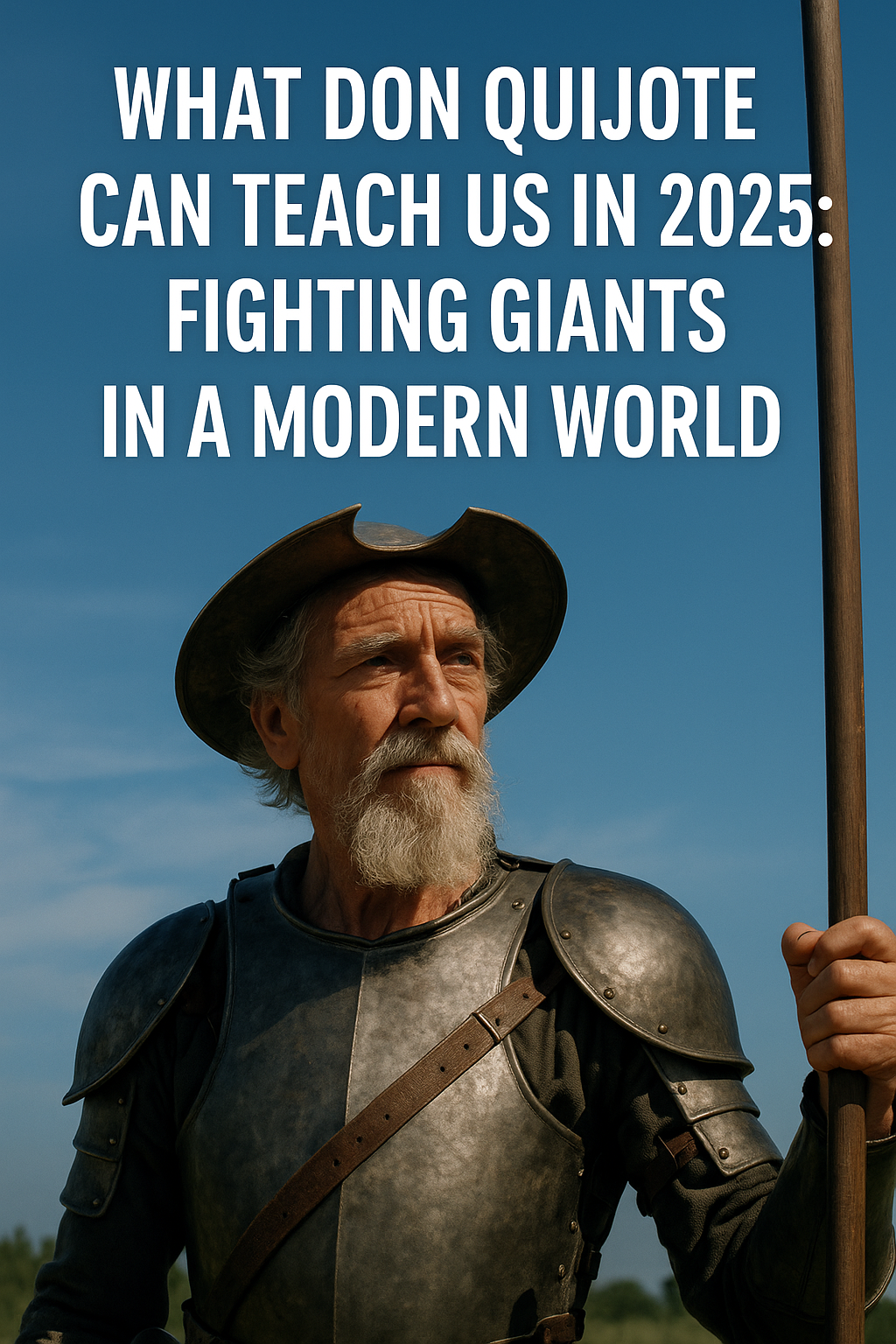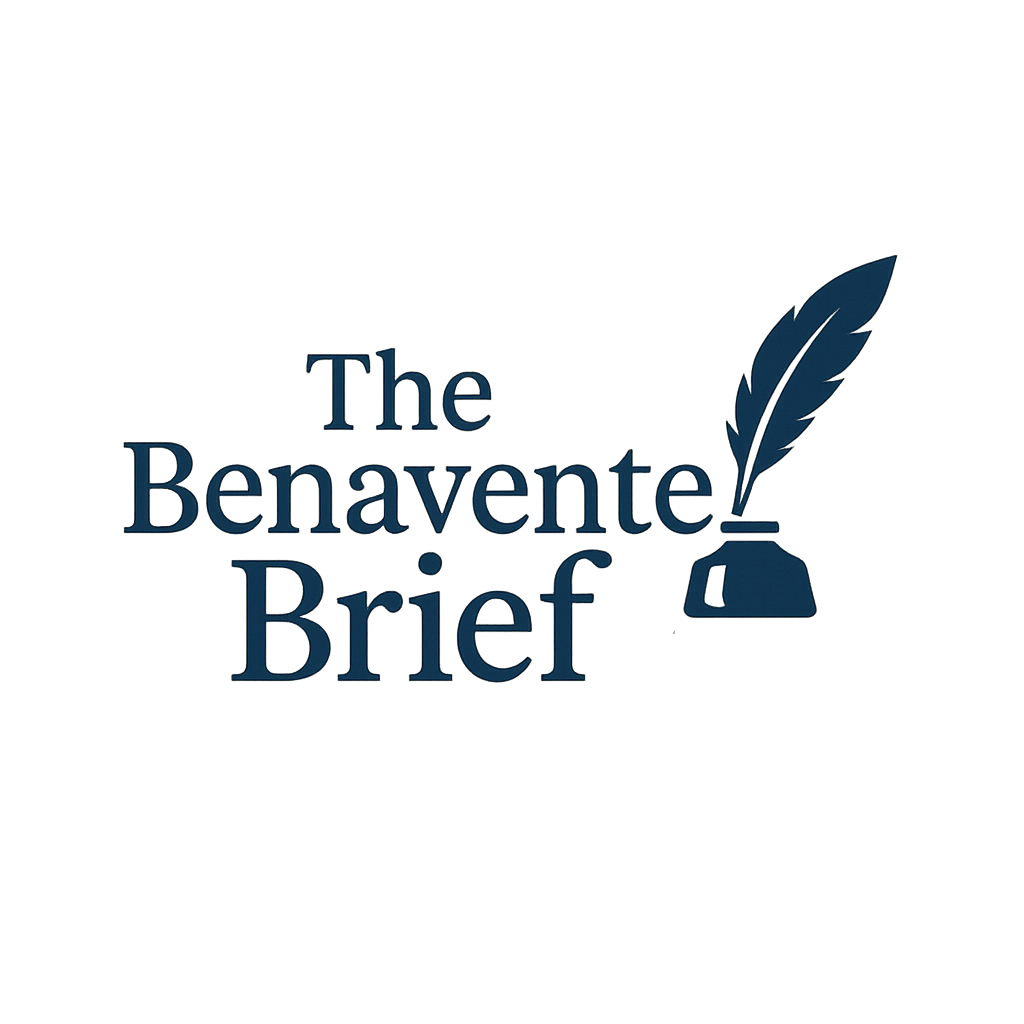Don Quijote in the Digital Age: Dreaming Boldly in a World of Doubt
This quote captures a bold idea: to imagine the world as better, and to act accordingly, is not madness — it's courage. -Rafael Benavente

1. Daring to Dream in a Cynical World
In a hyper-connected society defined by algorithms, irony, and skepticism, idealism is often mocked. The world tells us to "be realistic," to optimize for efficiency, productivity, and profit. Yet Don Quijote dares to dream. He sees possibility where others see ridicule.
"Too much sanity may be madness, and the maddest of all, to see life as it is and not as it should be."
This quote captures a bold idea: to imagine the world as better, and to act accordingly, is not madness — it's courage.
Modern parallels abound. Entrepreneurs building radical new technologies, activists risking arrest for justice, whistleblowers exposing corruption—all echo Quijote's brave spirit. They may look foolish at first, but often they are the ones who change the world.
2. Fighting the "Windmills" of Our Time
Quijote's enemies were imagined giants. But symbolically, they represented oppression, injustice, and moral decay. Today, our modern windmills include:
- Climate change
- Corporate surveillance
- Algorithmic bias
- Systemic inequality
- Polarized politics
It may seem quixotic to challenge these titans. But every bold movement starts with someone declaring: This isn't right. We can do better.
Modern figures like Greta Thunberg, Edward Snowden, and social entrepreneurs everywhere embody this principle. They fight giants, not for glory, but because conscience demands it.
3. Living by a Personal Code
Don Quijote created and lived by his own code of chivalry. He treated others with dignity, defended the weak, and believed in love and honor. In today’s fast-paced, hyper-capitalist culture, that kind of integrity feels revolutionary.
In 2025, we are bombarded by noise: likes, clicks, trends, and surface-level engagement. It takes strength to root oneself in values that don't change with the algorithm.
Integrity isn’t flashy. But it endures.
Whether it’s choosing ethical business practices, staying loyal to loved ones, or simply being kind in a cruel world, there is heroism in decency.
4. Defining Your Own Identity
Don Quijote wasn’t born a knight. He declared himself one.
This message resonates deeply in a time when identity is fluid, and self-expression is both a right and a battle. Whether you're transitioning genders, starting a new career at 50, or escaping generational trauma, Don Quijote reminds us: you get to choose who you are.
"I know who I am," he says. What a radical statement in a world trying to tell you otherwise.
5. Embracing Hope Over Irony
Cervantes understood the power of satire, but he also understood the beauty of hope. Don Quijote is not just a parody — he's a symbol of resilience.
Today, irony and sarcasm dominate our digital discourse. But behind it lies a hunger for meaning. People crave authenticity, connection, and something to believe in.
Quijote shows us that even if the world laughs at your hope, it’s still worth holding onto.
Final Thoughts: Be Brave Enough to Look Foolish
In a culture obsessed with looking smart, successful, and unbothered, Don Quijote dares us to be sincere. To believe. To try.
So maybe, in 2025, the world needs fewer influencers and more idealists. Fewer cynics and more dreamers. Maybe we need to pick up a sword, hop on our Rocinante, and charge at a few windmills of our own.
Not because we’ll win.
But because we must.
"When life itself seems lunatic, who knows where madness lies?" — Don Quijote
By Rafael Benavente
